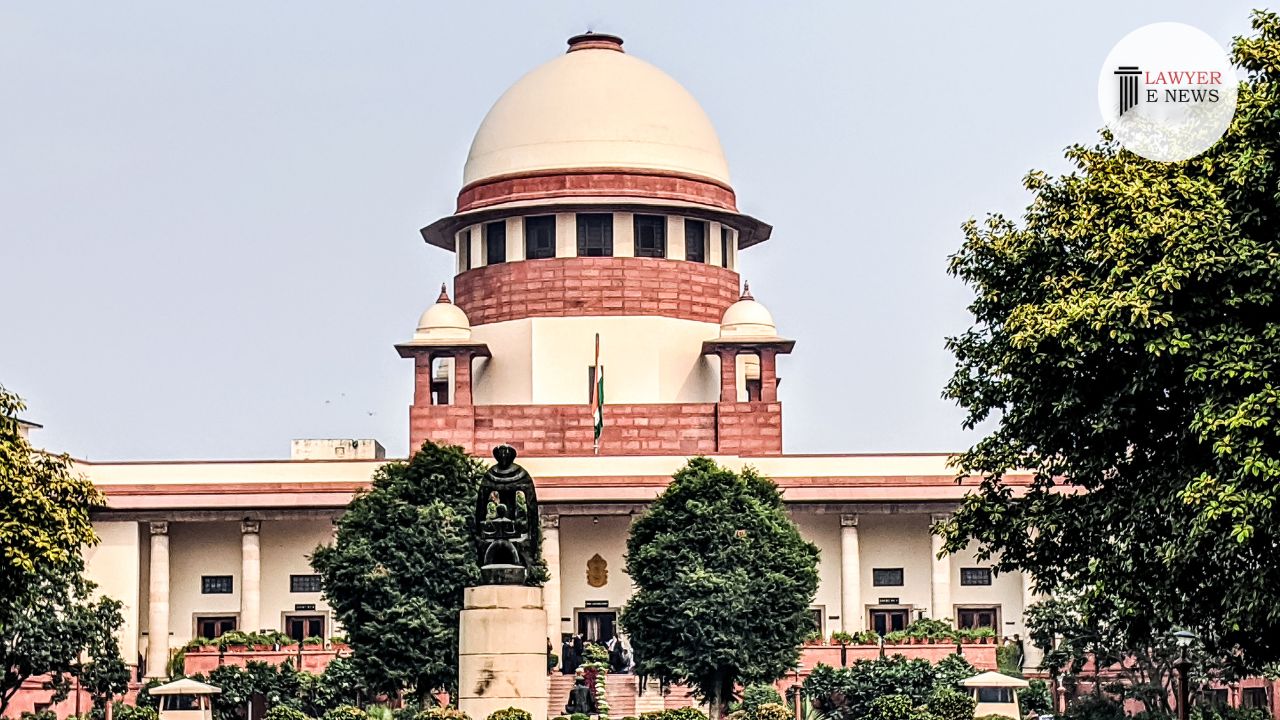-
by Admin
15 February 2026 5:35 AM



In a landmark judgment, the Supreme Court of India ordered the release of Prabir Purkayastha, who was arrested under the Unlawful Activities (Prevention) Act (UAPA). The Court found that the arrest and subsequent police custody remand were invalid due to the failure to communicate the grounds of arrest in writing to the appellant, reaffirming the fundamental rights enshrined in Articles 20, 21, and 22 of the Constitution of India.
Background: Prabir Purkayastha, director of M/s PPK Newsclick Studio Pvt. Ltd., was arrested on October 3, 2023, in connection with FIR No. 224/2023, which was registered under various sections of the UAPA and the Indian Penal Code (IPC). The FIR alleged involvement in unlawful activities and conspiracy against the state. Following his arrest, Purkayastha challenged the legality of his arrest and the police custody remand order dated October 4, 2023, contending that they violated constitutional mandates.
Communication of Grounds of Arrest: The Court emphasized that the grounds of arrest must be communicated in writing to the accused at the earliest. This is a fundamental right under Article 22(1) of the Constitution of India.
Invalid Arrest and Remand: The arrest and remand of Purkayastha were declared invalid due to the failure to communicate the grounds of arrest in writing. The Court applied the ratio of the Pankaj Bansal case, underscoring that such non-communication renders the arrest and remand illegal.
Distinction Between Reasons and Grounds of Arrest: The judgment clarified the difference between 'reasons for arrest' and 'grounds of arrest,' highlighting that the arrest memo must specifically detail the grounds of arrest to ensure proper legal representation and opportunity to oppose remand.
Order of Release: The Supreme Court directed the immediate release of Purkayastha on bail, with conditions set by the trial court.
The Supreme Court's detailed analysis reaffirmed the constitutional right to be informed of the grounds of arrest. The Court observed that the requirement to communicate the grounds of arrest in writing is essential for the accused to seek legal counsel, oppose police custody remand, and apply for bail. The judgment emphasized that the failure to provide written grounds of arrest is a violation of Article 22(1), rendering the arrest and remand illegal.
The Court also noted that the arrest memo in this case did not contain the specific grounds of arrest, which is a fundamental requirement to ensure the accused's right to legal representation and a fair chance to oppose remand. The Court criticized the clandestine manner in which the police custody remand was obtained, without informing the appellant's legal counsel.
Decision: The Supreme Court's judgment in this case underscores the importance of adhering to constitutional mandates and statutory requirements in arrest and remand procedures. By setting aside the arrest and remand of Prabir Purkayastha, the Court has reaffirmed the fundamental rights of individuals and highlighted the necessity of transparency and legality in law enforcement actions. The judgment sets a significant precedent for future cases involving the UAPA and similar statutes, ensuring the protection of individual liberties against arbitrary state action.
Date of Decision: May 15, 2024
Prabir Purkayastha vs. State (NCT of Delhi)
